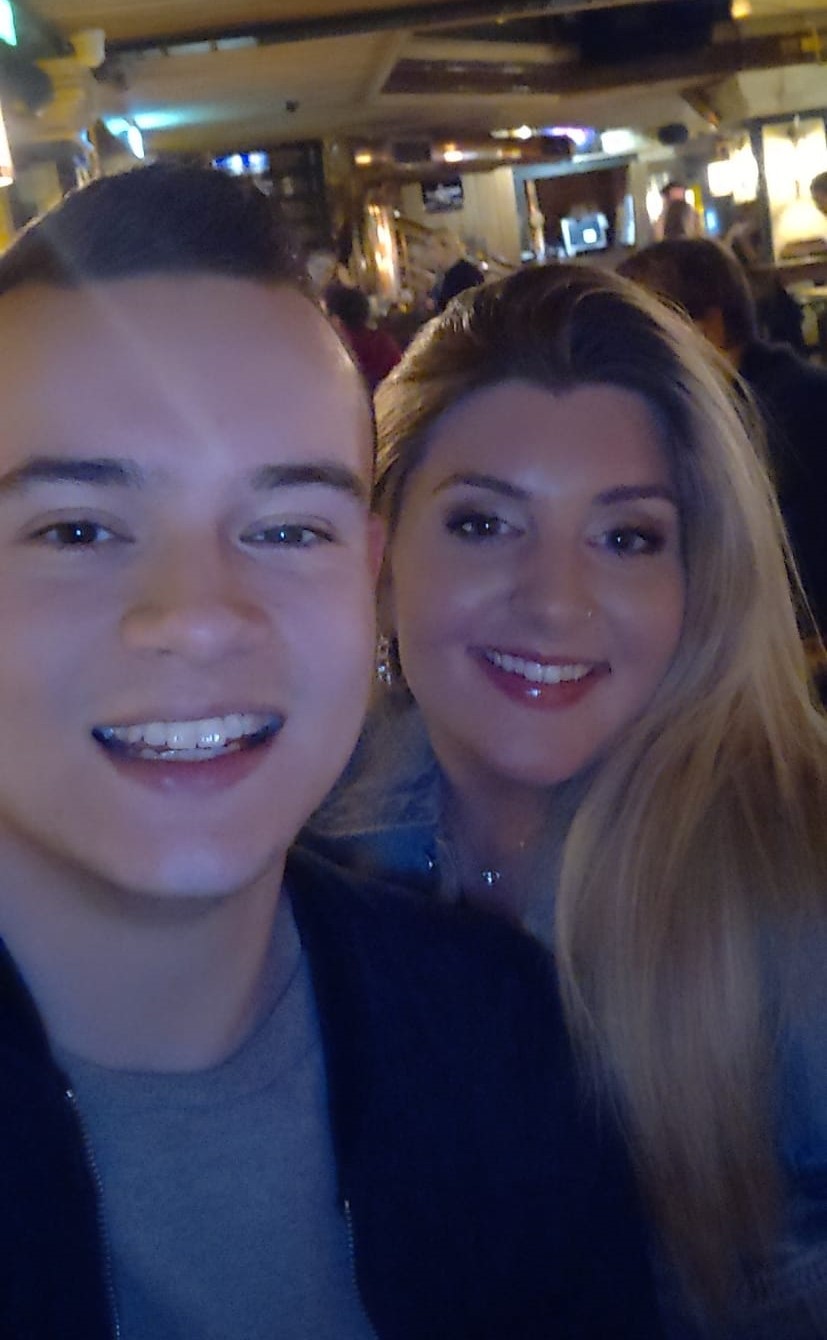Recruiters’ corner: how to get into insights
Emily Pool and Olly Godfrey, from Elizabeth Norman International, reveal their advice to anyone trying to break into our dynamic industry.
As the world changes, so does Insight and its many tangents. The best thing about the Insight profession is how dynamic it is, utilising a wide range of skills and offering an enormous variety of opportunities for graduates. This variety also makes it very difficult to know where to start when looking for a role.
The first thing to reflect on is your skills and how they can be used in a future role. Are you good with numbers and very detail orientated? If so, have you considered data analytics or quantitative research? Or are you more of a creative and good at seeing the big picture – maybe qualitative research or brand strategy/innovation could be the direction for you?
Have a look at different profiles within Insight, Market Research and Data Analytics on LinkedIn, what areas have they gone into with their academic background. Which of them suits you?
Market Sectors within insight
Insight is used by a huge variety of organisations in a wide range of market sectors. Which market sectors interest you and/or fit your academic background? Pharma/Healthcare, Media, Social/Public, Retail/Shopper, B2B, Financial, FMCG, Tech/Telecoms?
Types of Employer
Traditionally, most training of insight professionals happened within market research and data agencies, enabling graduates to learn more about how the data is collected.
Today more of the data analysis and collection is done directly by large global manufacturers and service sector organisations. As a result, they are looking for support from junior data and market analysts. This is an equally good place to start.
Applying for a role
Having decided on the type of insight/skill sector you are interested in and the sort of market you would like to research, look for organisations that cover that sort of work. To be a great researcher you need to be curious. Show how good at research you are by hunting out those organisations.
If you’ve seen an advert, note the requirements they need and make sure you bring out your own ability at these to give yourself the best shot. If you don’t find suitable roles advertised, find the line managers that will be responsible for the relevant team and contact them directly. Tailor both your CV and the cover letter/email message to show why you are interested in that particular organisation/role.
Remember, there may be 20, 50 or even 100 people applying for the same position as you, make your CV stand out! Research the company, look at the sort of work they do, make sure your profile matches. Why should they pick YOU?
Struggling to get in?
If you’ve scoured the internet for advertised roles and contacted numerous employers directly but are still struggling, don’t dismiss internships. They are a great way to add to your profile, and it’s not uncommon for internships to lead to a permanent position.
Considering further academic qualifications might also be worthwhile, particularly if you are studying a subject that’s used by insight professionals. These include Statistics, Econometrics, Behavioural Science, Semiotics or Psychology.
Stay positive!
Emily Pool and Olly Godfrey – Elizabeth Norman International
